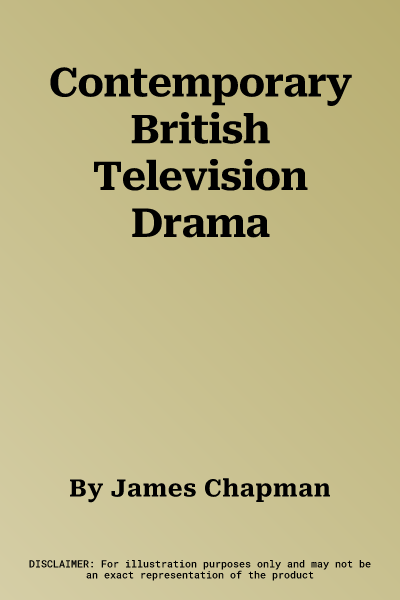James Chapman
(Author)Contemporary British Television DramaPaperback, 28 May 2020

Qty
1
Turbo
Ships in 2 - 3 days
Only 1 left
Free Delivery
Cash on Delivery
15 Days
Free Returns
Secure Checkout

Print Length
200 pages
Language
English
Publisher
Bloomsbury Academic
Date Published
28 May 2020
ISBN-10
1780765231
ISBN-13
9781780765235
Description
Product Details
Author:
Book Format:
Paperback
Country of Origin:
US
Date Published:
28 May 2020
Dimensions:
23.37 x
15.75 x
1.02 cm
ISBN-10:
1780765231
ISBN-13:
9781780765235
Language:
English
Location:
New York
Pages:
200
Publisher:
Weight:
317.51 gm